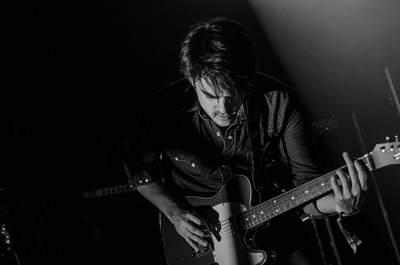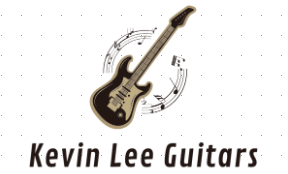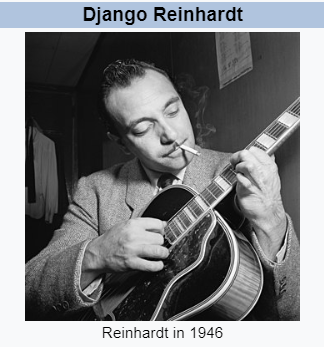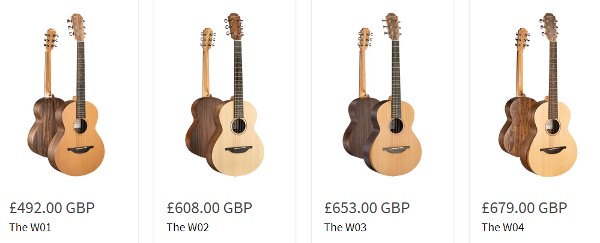Django Reinhardt, a name synonymous with innovation and virtuosity, stands as one of the most influential figures in jazz history. His unique style, a blend of Gypsy music and American jazz, created a new genre known as “Gypsy jazz” or “jazz manouche.” Exploring Django’s jazz style provides insights into the techniques, influences, and musical legacy that have inspired generations of musicians.

Roots in Gypsy Music
Born into a Romani family in 1910, Django Reinhardt was immersed in the vibrant musical traditions of the Gypsy culture from an early age. This rich heritage, characterized by its emotional depth and rhythmic complexity, formed the bedrock of Django’s musical identity. The Gypsy music’s use of stringed instruments, particularly the guitar, provided Django with a solid foundation upon which he built his jazz style.
Influences from American Jazz
Django’s exposure to American jazz was a turning point in his musical development. The improvisational spirit and syncopated rhythms of jazz captivated him. Influences from jazz icons such as Louis Armstrong and Duke Ellington were evident in Django’s music. Armstrong’s emotive phrasing and Ellington’s sophisticated harmonies resonated with Django, inspiring him to blend these elements with his Gypsy roots.
Technical Innovation
Django’s technical prowess on the guitar set him apart from his contemporaries. Despite a devastating injury that left two of his fingers paralyzed, Django developed a unique playing technique. He utilized his thumb and remaining functional fingers to create complex chord shapes and rapid-fire solos. This innovative approach not only compensated for his physical limitations but also contributed to his distinctive sound.
The Quintette du Hot Club de France
One of the most significant milestones in Django’s career was the formation of the Quintette du Hot Club de France in 1934. This ensemble, featuring the legendary violinist Stéphane Grappelli, became a pioneering force in the development of Gypsy jazz. The interplay between Django’s guitar and Grappelli’s violin created a dynamic and fluid musical conversation that captivated audiences.
Rhythmic Complexity and Swing
Django’s jazz style was characterized by its rhythmic complexity and infectious swing. His ability to seamlessly integrate the driving rhythms of Gypsy music with the syncopated beats of jazz resulted in a unique and compelling sound. Django’s right-hand technique, honed during his early years as a banjo player, allowed him to produce a percussive and articulate attack that defined his playing.
Improvisational Mastery
Improvisation was at the core of Django’s jazz style. His solos were marked by their spontaneity, creativity, and emotional intensity. Django’s ability to construct intricate melodic lines in real-time showcased his deep understanding of harmony and melody. His improvisational approach influenced countless guitarists, establishing him as a master of the art form.
Signature Compositions
Django Reinhardt’s contributions to jazz extend beyond his virtuosity as a performer. He was also a prolific composer, creating timeless pieces that have become standards in the jazz repertoire. Songs like “Minor Swing,” “Nuages,” and “Djangology” exemplify his melodic sensibility and harmonic sophistication. These compositions continue to be celebrated and performed by musicians worldwide.
Gypsy Jazz Legacy
Django Reinhardt’s jazz style gave rise to the genre of Gypsy jazz, which remains a vibrant and evolving tradition. His influence can be heard in the playing of contemporary Gypsy jazz guitarists such as Biréli Lagrène, Stochelo Rosenberg, and Angelo Debarre. Django’s innovative spirit and technical mastery continue to inspire new generations of musicians to explore the fusion of Gypsy music and jazz.
Modern Interpretations and Tributes
Django’s impact on the world of jazz extends beyond his lifetime. Modern jazz musicians across various genres pay tribute to his legacy through their interpretations of his music. Collaborations between jazz and classical musicians, as well as cross-genre explorations, highlight the enduring relevance of Django’s contributions to the musical landscape.
Conclusion
Django Reinhardt’s jazz style is a testament to the power of musical fusion and innovation. By blending the rhythmic intensity and emotional depth of Gypsy music with the improvisational spirit of American jazz, Django created a unique and timeless sound. His technical mastery, improvisational brilliance, and compositional genius have left an indelible mark on the world of music. Django’s legacy lives on, inspiring musicians to push the boundaries of their creativity and explore the endless possibilities of jazz.








